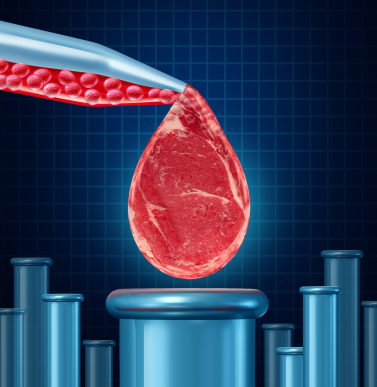
Once again John was out with the sprayer on Sunday, trying to catch up. Some fields it is perhaps too late as the crops have visibly deteriorating due to the delayed application of nutrients and disease prevention. Timing and weather impact everything in farming; if you can’t get onto the fields to treat a healthy crop at the right time due to the ground conditions, the result can be both costly and depressing.
The Worshipful Company of Grocers was founded in 1345, its origins having been the Guild of Pepperers, dating back to 1180. This City of London Livery Company was responsible for maintaining standards, including the purity of merchandise, including spices, gold, sugar, starch, tobacco and other luxury goods which were traded from Byzantium and the Mediterranean. They also were officially connected to the duty of weighing in the City, setting certain weights and measures.
The Company, has since 1426, been situated on its present site at Grocer’s Hall, Princes Street, a modern building constructed following a fire in 1965. I was privileged to be invited to attend the Livery Coronation Dinner in the Livery Hall, where the magnificent Grocers’ Gates are the centre piece. These had been downsized from the originals and beautifully restored following the fire.
The story of this Livery Company with its rich history is extraordinary, and well worth researching. The influence of the Company and Liverymen have reached far and wide over the ages. Notable was William Pitt the Younger who became an Honorary Freeman in 1784.
On 25th April 1945, Prime Minister Winston Churchill visited Grocers Hall, following his admission to the freedom and Livery of the Mercers’ Company. The Grocers purchased a bronze bust of Churchill by David McFall in 1960, to commemorate his visit.
Today the Company’s philanthropic charity provides one-off grants up to £5,000 for UK registered charities. This year it is leaning towards, but not exclusively, supporting youth, those struggling due to financial hardship, and environmental charities helping to reduce plastic waste and reducing emissions.
It was not a surprise to read the headline, ‘Lab meat ‘5 times worse for the environment’ than beef. Those promoting this technology, including the government, should have asked a beef farmer rather than wait for the conclusion of a costly study, led by researchers at the University of California. They found that the process of cultivating lab grown meat, is so energy intensive that the global warming impact could be between four and 25 times higher than traditional beef. The Government may now wish to direct the £12million it was giving to the University of Bath to develop this technology, to support beef farmers instead.

 RSS Feed
RSS Feed